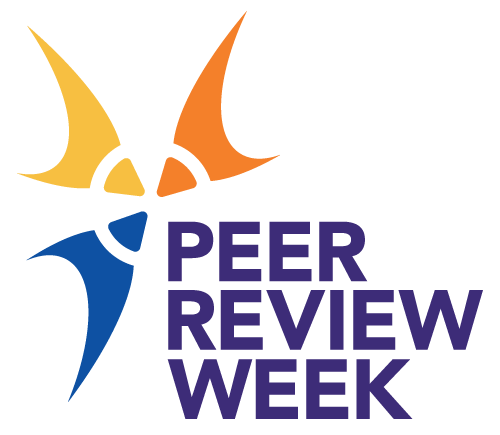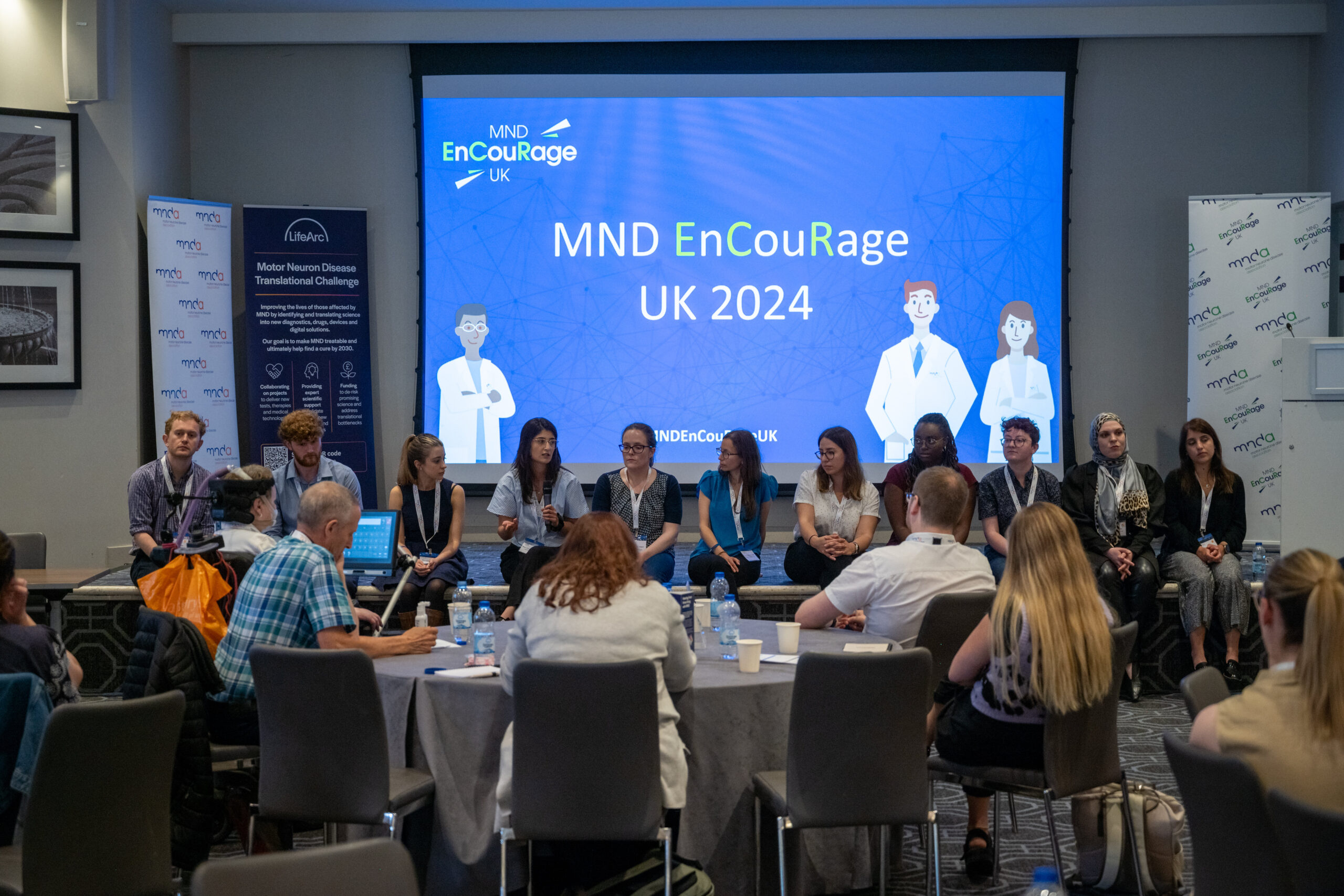This week marks global Peer Review Week and we are joining the international science community in celebrating the role that peer reviewers play in the research world.
What is peer review and why is it so important?
Peer review involves the evaluation and assessment of scientific or academic work by those working in the same field.
Peer reviewers may be asked to evaluate a variety of work including:
- new research proposals
- research papers that are being considered for publication (sharing results of a project or study)
- applications for research funding

The peer reviewers will usually score and provide comments on the work that they have been asked to assess based on different categories, not unlike a review of a hotel or tourist attraction that we might write online. The categories that are considered may include originality, suitability of methods chosen and potential impact of the project on that particular field of research. Several peer reviewers will assess the same work to establish a majority opinion and ensure that individual reviews provided are not biased or unfair.
These scores are then shared with the publishers or funding bodies that have asked for the review and will aid in the decision-making process on whether to publish or fund the research. In most cases, peer reviewers give their time voluntarily to provide a valuable evaluation and expert opinion on research and the resulting academic papers.
Peer review continues to play a vital role in maintaining the high quality of scientific research across most fields of work. It is often referred to as a ‘quality control measure’ as it helps to ensure that research is accurate, of a high standard and significantly advances current knowledge in that specific area. Without the peer review process to keep scientific research to the standard at which it currently is, it is likely that the research world would see an increase in ‘bad science’; invalid and unoriginal research projects whose findings are often unreliable.
What is Peer Review Week?

Peer review week is an online event which runs once a year to celebrate the vital job of peer reviewers and share just how crucial the role is in helping to maintain the high quality of scientific research.
It is hoped that this event will enable academic and research institutions, organisations and individuals to come together to:
- Make people aware of the role that peer review plays in scientific communications and research
- Showcase the work of peer reviewers
- Share best practices for reviewing
- Highlight any new peer review practices
This year Peer Review Week has a specific theme, that was chosen via a global survey, which is “Identity in Peer Review”. This theme encourages the scientific community to consider how we can ensure that peer review practices are diverse and inclusive.
Scientific communications, particularly academic research, has been focused on ensuring that research publications are diverse and reflect a wide range of voices. The peer review process being diverse, equitable and inclusive is an essential part of improving this.
How do we use peer review within our Association?
Peer review plays a huge part in deciding which MND research we fund and all applications for funding are reviewed by two or three individual external peer reviewers. These reviewers are international scientists within the MND research community who kindly provide their expertise to the Association.
Sourcing these reviewers takes time and involves approaching scientists from all over the world. It is essential to make sure these researchers have the appropriate background to enable them to review applications thoroughly and fairly.
Peer reviewers are asked to use their expert knowledge to review the application before it is then considered by our Research Advisory Panels. This process allows us to gain insights and opinions on each application, which the Panel members can then take into consideration when internally reviewing applications.
We have 110 researchers from across the globe who have agreed to provide external peer reviews of applications for us in 2021. This year we have peer reviewers who are based in South America, Australia, Asia, USA, Canada and throughout Europe.
External peer review forms a big part of our very rigorous application process, which helps to ensure that we only fund projects of the highest quality and of direct relevance to MND.
As we are members of the Association of Medical Research Charities (AMRC), a full audit of our peer review process is conducted every five years. This audit helps to ensure that we are implementing the five principles of peer review.
These five principles are:
Accountability
Being balanced
Independent decision making
Rotating peer reviewers
Being Impartial
In May 2021, the AMRC confirmed that the MND Association had passed the 2020 Audit.
Passing this audit allows the AMRC and us, as a member charity, to show stakeholders (such as the government, researchers and supporters) that we are committed to adhering to the highest standards when conducting our peer review process to help decide which research to fund.
Without the contribution that peer reviewers make, the research world would simply not be the same and MND research would not be at the promising point which it is currently.
Thank you to all past and future reviewers who have given their time voluntarily to provide peer reviews for us or be part of one of our advisory panels.
Resources:
- MND Association Website
- Peer Review Week Website





